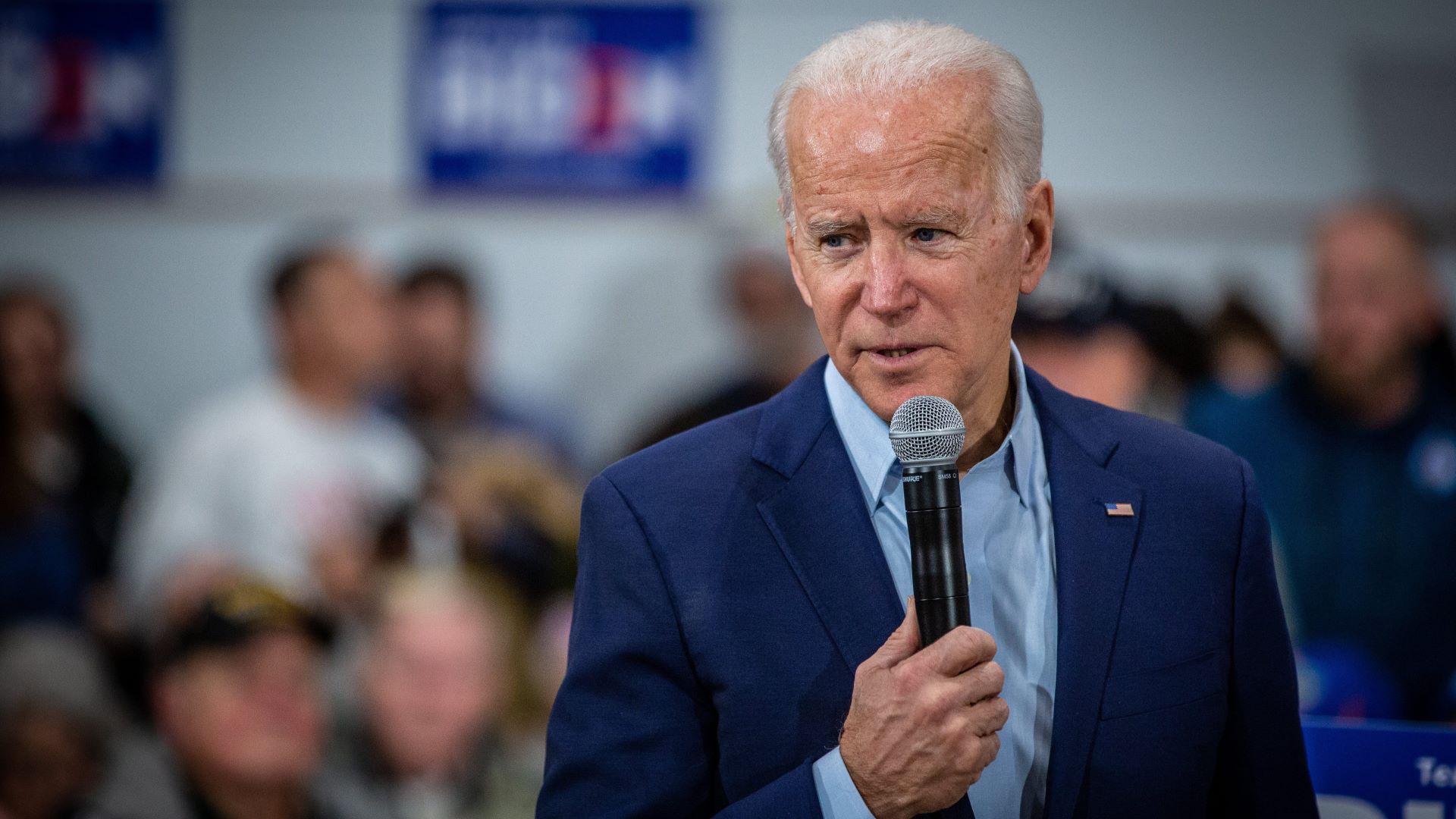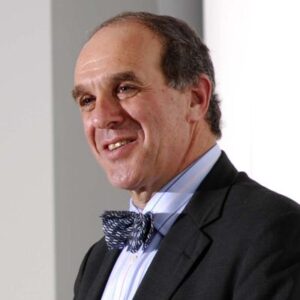President Biden is unabashedly proud of his accomplishments in office.
As he said at a recent campaign gathering, “Vice President Harris and I came into office determined to change the economic direction of the country, and grow the economy from the middle out and bottom up, not the top down. Our plan — Bidenomics — is working.”
He cites legislation dealing with economic hardship caused by the pandemic, infrastructure, climate change, encouraging chip production in the U.S. and inflation reduction. He also points to executive orders on racial equity and, with equal pride, his achievements in international affairs, especially maintaining a strong coalition against Russian actions in Ukraine.
Impressive accomplishments.
Yet in nearly all recent polls, Biden’s job approval rating has hovered in the low 40s and his job disapproval rating is 10 percentage points higher.

In recent general election head-to-head polling against Donald Trump, Biden holds the narrowest of leads, under 1% in the latest RealClearPolitics average of major polls.
Calling his initiatives “Bidenomics” is not succeeding in selling his domestic policies to the public; his successes on the world stage do not translate to approval of his performance, and his supporters are worried.
The Biden good news message is overshadowed and overwhelmed by three other concerns, reinforced over and over by the media and his Republican opponents, with little to no response from Biden or his campaign.
First, the Trump indictments. Former President Trump and his allies have portrayed the four indictments as politically motivated. Fearful of playing into that message, Biden and, at his insistence, his campaign and the Democratic National Committee, have been silent. His sensitivity to the politicizing charge extends to fear that he could be perceived as joking at Trump’s expense.
In June, recalling his lengthy meetings with Chinese President Xi Jinping to a group of American ambassadors, he quickly clarified a comment that might have been a comparison to the Mar-a-Lago indictment: “I turned all of my notes in . . . But that is not a reference to the former president.”
Biden did allow himself one sly jab when a reporter asked about Trump’s mug shot after the latest indictment. “Handsome guy,” Biden said. “Wonderful guy.”
Biden’s substantive “no comment” approach has allowed Trump to define the issue, to Biden’s detriment.
Biden has repeatedly emphasized that one reason he ran in 2020 was Trump’s almost casual interference with the Justice Department and other government officials, as if they were his personal employees.
Biden should return to that theme, emphasizing that Trump is under indictment because he interfered with the normal functioning of government, and will be held accountable under the rules of our democracy. And then Biden should emphasize that he has been hands-off on these prosecutions because he believes that is how our system should work.
Don’t ignore the Trump indictments in public statements, but don’t interfere; let the system function as it was designed to do.
That is the same message he must send in response to questions on the second concern, his son Hunter Biden’s legal woes.
The answer seems simple, and it is not silence.
Biden should start where any parent would start: “I love my son. I believe he has done nothing wrong. And I will always support him.” He and his spokespeople have said as much publicly.
But then he should emphasize the difference between his actions and Trump’s, stressing that he has a hands-off policy toward any DOJ investigations, that in this case Attorney General Merrick Garland has done the same thing, giving the prosecutor the status of special counsel.
Biden should break his silence and say that as the president and as a citizen, he has faith in the system and will abide by its judgments, whatever they are.
Not easy for a parent to do, but the argument coming from some Democrats about “false equivalencies” between Hunter Biden’s alleged crimes and Trump’s, accurate as it is, sounds defensive. Biden must respond as the president, not as a parent.
The third concern — his age — is not so easily handled. Biden, now 80, is old, and looks and acts old, at least on the public stage. According to an AP/NORC poll released last week, 77% of all voters — including more than two-thirds of all Democrats — believe Biden is too old to serve another term effectively.
In an earlier AP/NORC poll, 40% used words like old, confused or bumbling to characterize Biden.
How Biden counters the age issue is unclear; the same words were used to describe him in a Pew Research Poll in 2012. His public persona has never been that of a young, articulate, charismatic and smooth candidate, not even when he was a young, rising star in the Senate.
A new book by Franklin Foer of The Atlantic, “The Last Politician,” due out Tuesday, concludes that Biden is “unheroic but honorably human, he will be remembered as the old hack who could.”
That rings true, especially if you evaluate the accomplishments of his first years as positively as most analysts do; like the little engine who could, he may plod along, but he can govern and get things done.
Whether that is an image that can be sold to an electorate looking for new leadership remains a serious question.







